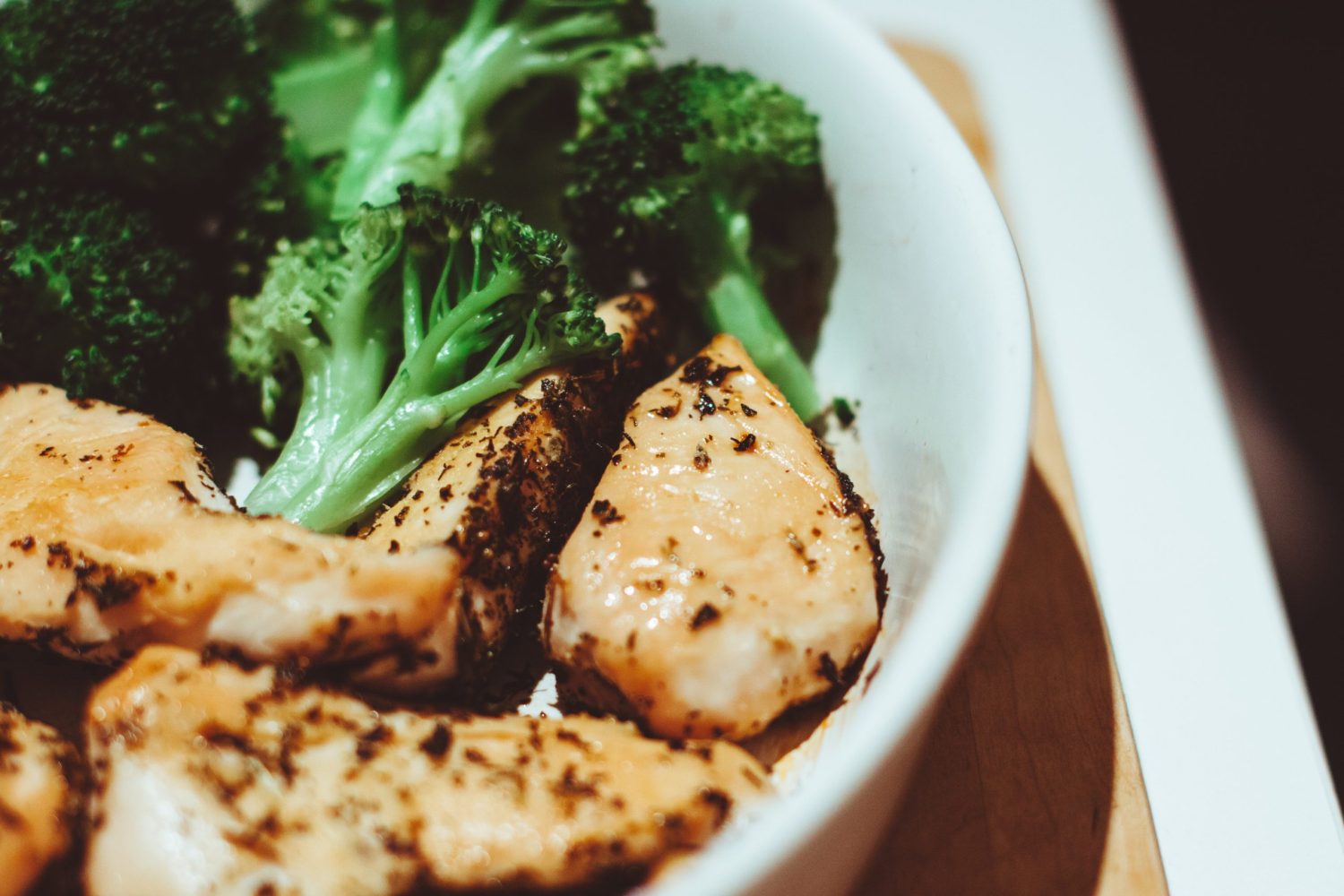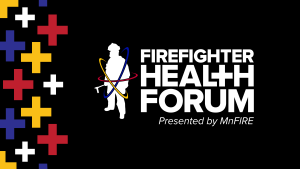Contributed by Paul J. Anderson, M.D.
As a firefighter, food may be one of the last things on your mind. You may work one or two other jobs while trying to hold down a busy family life, and you’re committed to showing up for a fire call, ready to get to work. With this number of responsibilities, you eat when you can. But putting food last on your list will eventually leave you unprepared for an emergency because you are too tired or too unhealthy to rise to the challenge. While being unprepared could cause you injury, it could also keep you, your fellow firefighters, your family or the public from getting help when they need it.
We get it. On top of juggling all of those things, nutritional advice is overwhelming and confusing for most of us. So, here is a great saying from Michael Pollan to get you started: “Eat real food, not too much, mostly plants.”
Eat real food
Eating real food means eating items that naturally occur in the world as things you can eat. Think about an apple, a carrot, black beans, nuts or fish. Processed foods, on the other hand, are edible substances that come out of machines or go through heavy processing like puffed snacks, soft drinks, protein drinks or candy bars. Real food is better fuel because it has more nutrients and fewer calories. Plus, it contains the full variety of nutrients our bodies need to do work and stay healthy.
Not too much
Eating too much of anything provides excess energy (calories) which the body stores as fat. Only about 10 to 20% of your weight should come from fat. The rest (80 to 90%) should be muscle, bone, blood, organs and water. But what is too much?
The average person needs somewhere around 2,000 calories per day just to support basic body functions like thinking, moving around, digestion and breathing. Divide this by three meals per day and you are talking about 675 calories per meal (less if you snack), which is not a lot of food. So, besides learning to eat more real food and less processed foods, the next action you can take is to pay attention to how many calories you eat in a day. There are a number of apps you can use for free (such as myfitnesspal.com) that help you easily track your food intake if you want to learn how many calories you eat.
Mostly plants
No, you don’t have to be a vegetarian or a vegan. But you do need to understand that meat is best kept as a “once in a while” part of your diet, instead of a daily dietary staple. All types of meat contain everything an animal ate and was exposed to during its lifetime, not all of which is good. In addition, certain components of meat, especially red meat, can create inflammation in your body and that can speed up the development of disease in your blood vessels and heart.
Lifestyle changes such as regular exercise and quality nutrition can improve job performance and help your body reach its full potential. Nutrition is a key pillar of a healthy lifestyle that will improve your ability to be present for your colleagues, your family and yourself. You can read more about other healthy lifestyle pillars, such as physical fitness, on the MnFIRE blog.
Learn how to create and maintain good physical fitness and healthy eating habits to support your firefighter training, work demands and long-term health by signing your department up for the new Firefighter Fitness & Nutrition training from MnFIRE. These trainings are available whenever it’s convenient for your crew, and it’s completely free for all fire departments in Minnesota. Sign up today!








